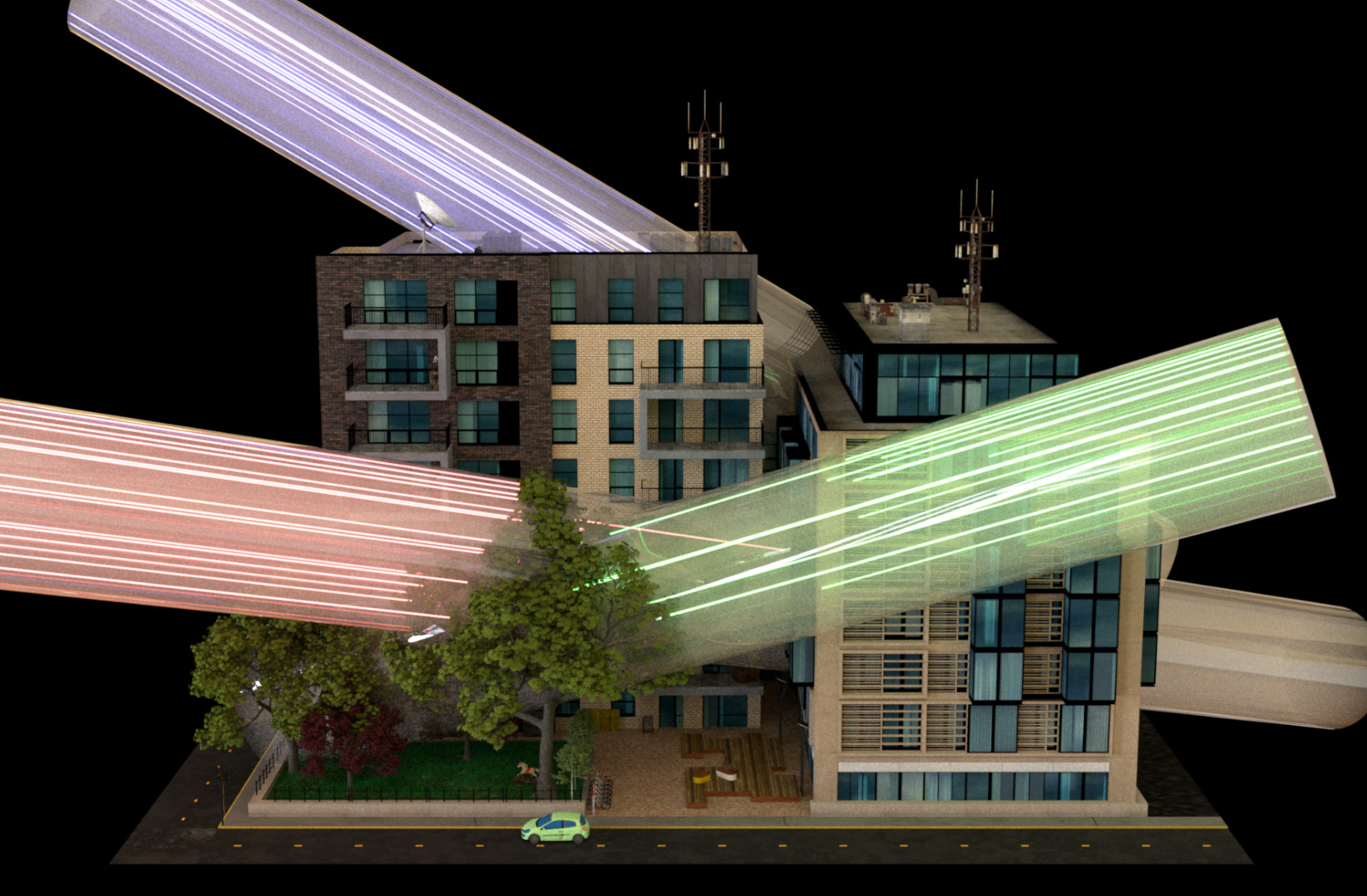A Non-exponential Transmittance Model for Volumetric Scene Representations
Delio Vicini, Wenzel Jakob, Anton Kaplanyan
External link (DOI)
View presentation:2021-10-29T15:30:00ZGMT-0600Change your timezone on the schedule page
2021-10-29T15:30:00Z

Abstract
We introduce a novel transmittance model to improve the volumetric representation of 3D scenes. The model can represent opaque surfaces in the volumetric light transport framework. Volumetric representations are useful for complex scenes, and become increasingly popular for level of detail and scene reconstruction. The traditional exponential transmittance model found in volumetric light transport cannot capture correlations in visibility across volume elements. When representing opaque surfaces as volumetric density, this leads to both bloating of silhouettes and light leaking artifacts. By introducing a parametric non-exponential transmittance model, we are able to approximate these correlation effects and significantly improve the accuracy of volumetric appearance representation of opaque scenes. Our parametric transmittance model can represent a continuum between the linear transmittance that opaque surfaces exhibit and the traditional exponential transmittance encountered in participating media and unstructured geometries. This covers a large part of the spectrum of geometric structures encountered in complex scenes. In order to handle the spatially varying transmittance correlation effects, we further extend the theory of non-exponential participating media to a heterogeneous transmittance model. Our model is compact in storage and computationally efficient both for evaluation and for reverse-mode gradient computation. Applying our model to optimization algorithms yields significant improvements in volumetric scene appearance quality. We further show improvements for relevant applications, such as scene appearance prefiltering, image-based scene reconstruction using differentiable rendering, neural representations, and compare it to a conventional exponential model.